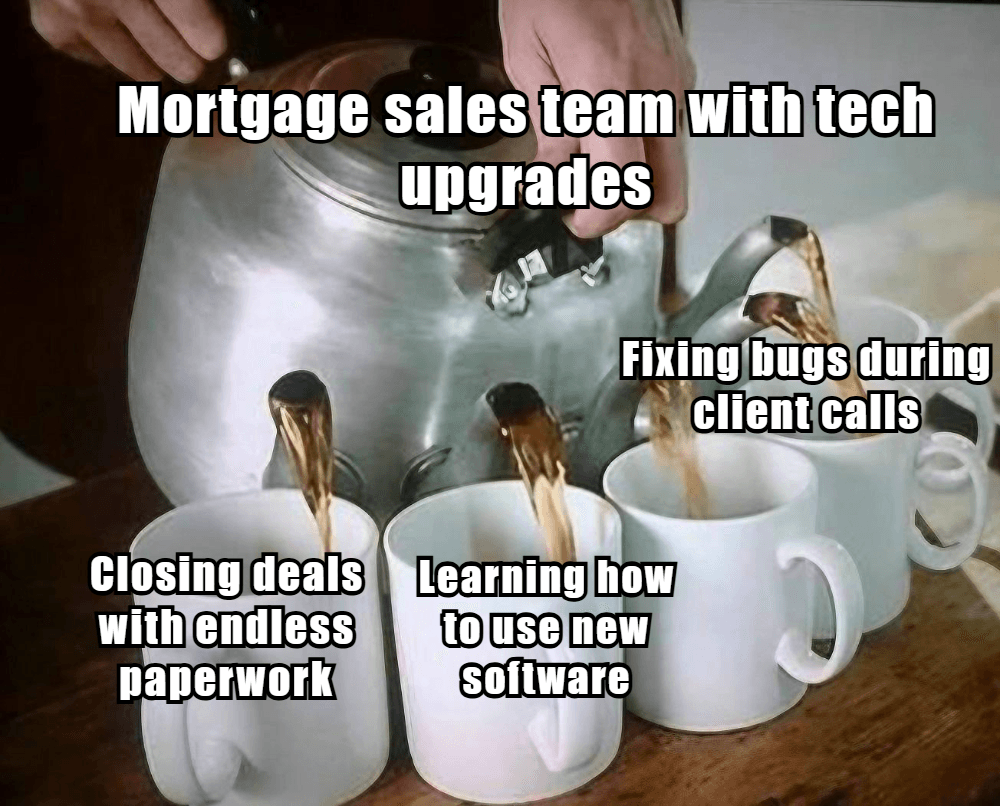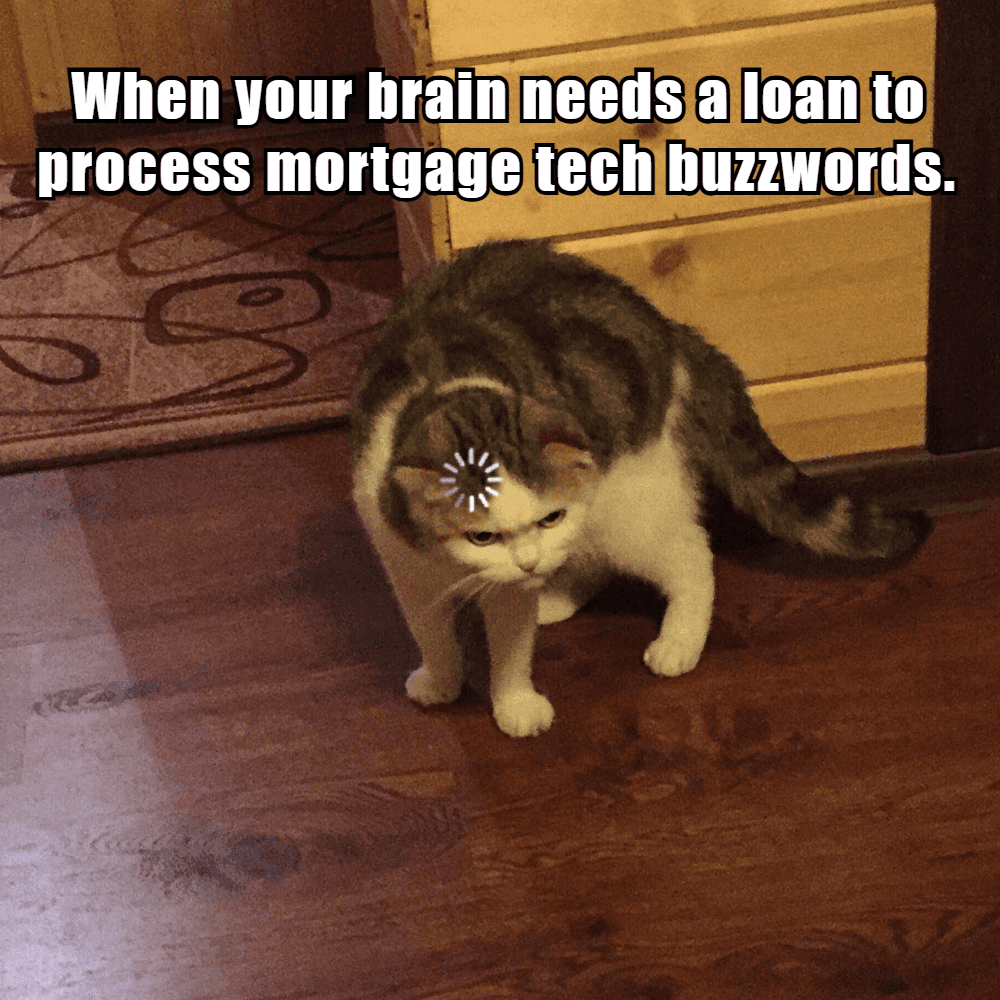Mortgage Sales Technology: Revolutionizing the Home Loan Industry
The mortgage industry has long been associated with paperwork, lengthy approval processes, and a lack of transparency. However, the advent of advanced technology is transforming the way mortgages are sold and processed. From artificial intelligence (AI) to blockchain and mortgage point-of-sale (POS) systems, technology is streamlining operations, improving customer experiences, and driving sales efficiency.
In this article, we’ll explore how mortgage sales technology is reshaping the industry, discuss key innovations, and provide actionable insights for professionals looking to stay ahead in this competitive landscape.
What Is Mortgage Sales Technology?

Mortgage sales technology encompasses tools and platforms designed to simplify the mortgage process for both lenders and borrowers. These technologies automate repetitive tasks, enhance data accuracy, and improve communication between all parties involved in securing a home loan.
Key Features
Automation: Streamlines application processing and underwriting.
Data Analytics: Provides insights into borrower behavior and market trends.
Customer Experience Tools: Enhances borrower engagement through intuitive interfaces.
Compliance Management: Ensures adherence to regulatory requirements.
For example, AI-powered platforms can analyze a borrower’s financial profile in seconds, offering tailored loan options while reducing manual errors.
How Technology Is Transforming Mortgage Sales

The integration of advanced technologies into mortgage sales has revolutionized traditional processes. Here’s how:
Aspect | Traditional Mortgage Sales | Tech-Driven Mortgage Sales |
Application Process | Manual and time-consuming | Automated and streamlined |
Customer Interaction | Limited to in-person or phone calls | Multi-channel (online, mobile apps) |
Document Handling | Paper-based | Digital with e-signatures |
Approval Time | Weeks or months | Often within days |
Compliance | Manual checks are prone to errors | Automated compliance verification |
For instance, a lender using a POS system can allow borrowers to apply online, upload documents digitally, and track their loan status in real-time.
Key Technologies Driving Mortgage Sales

1. Artificial Intelligence (AI)
AI is at the forefront of mortgage sales innovation. It automates data analysis, risk assessment, and customer interactions.
Applications:
Fraud detection by analyzing patterns in financial documents.
Personalized loan recommendations based on borrower profiles.
Chatbots provide 24/7 customer support.
Example: AI-enabled platforms like Zillow Home Loans analyze credit scores, income levels, and debt-to-income ratios to suggest suitable loan options instantly.
2. Mortgage Point-of-Sale (POS) Systems

POS systems act as a bridge between borrowers and lenders by simplifying the application process.
Features:
Real-time pricing results.
E-signature capabilities for faster approvals.
Automated notifications for application milestones.
Example: Floify’s POS system reduces human error by automating data collection and verification while keeping borrowers informed throughout the process.
3. Blockchain Technology
Blockchain enhances transparency and security in mortgage transactions by creating immutable records.
Benefits:
Eliminates intermediaries like title companies.
Reduces fraud through secure digital IDs for properties.
Speeds up document transfers with smart contracts.
Example: A blockchain-based platform could enable near-instantaneous settlement of property titles while ensuring data integrity.
4. Robotic Process Automation (RPA)
RPA handles repetitive tasks like data entry and document verification with speed and accuracy.
Applications:
Automating loan origination workflows.
Streamlining customer service responses.
Improving quality control through error-free processing.
Example: An RPA tool can extract data from tax returns or pay stubs to pre-fill application forms automatically.
5. Data Analytics
Advanced analytics tools provide actionable insights into borrower behavior and market trends.
Benefits:
Identifies high-potential leads for targeted marketing.
Predicts changes in interest rates or housing demand.
Optimizes pricing strategies based on historical data.
Example: AI-driven CRM systems like Salesforce use predictive analytics to recommend refinancing options to existing customers at optimal times.
To support investor-focused lending workflows, embed self-service DSCR tools so prospects can estimate your DSCR through Griffin Funding's calculator and share outputs directly with loan officers; this reduces qualifying friction, pre-qualifies leads, and improves CRM scoring accuracy.
Challenges in Adopting Mortgage Sales Technology

Despite its benefits, implementing technology in mortgage sales comes with challenges:
1. High Initial Costs
Advanced tools like AI platforms or blockchain systems require a significant investment up front.
Solution: Start small with scalable solutions that can grow with your business needs.
2. Employee Resistance
Staff may resist adopting new tools due to fear of job displacement or lack of training.
Solution: Provide comprehensive training programs and emphasize how technology complements their roles rather than replacing them.
3. Integration Issues
Legacy systems often struggle to integrate with modern platforms.
Solution: Choose compatible technologies or invest in middleware solutions for seamless integration.
Real-Life Examples of Successful Implementation
Example 1: AI-Powered Loan Approvals
A leading mortgage provider implemented an AI platform to automate underwriting. By analyzing borrower data in real-time:
Approval times dropped from weeks to hours.
Fraud detection improved by identifying inconsistencies in financial documents.
Result: A significant increase in customer satisfaction and market share.
Example 2: Blockchain for Title Management
A fintech startup used blockchain to digitize property titles:
Reduced document transfer times from days to minutes.
Eliminated disputes over ownership records through immutable ledgers.
Result: Faster closings and lower transaction costs for buyers and sellers.
Conclusion
Mortgage sales technology is revolutionizing an industry that has traditionally been slow-moving and paper-heavy. By adopting tools like AI-powered analytics, POS systems, blockchain solutions, and RPA workflows, lenders can enhance efficiency, reduce costs, and deliver exceptional customer experiences.
As competition intensifies in the mortgage market, embracing these innovations isn’t just an option—it’s a necessity. Whether you’re a large lender looking to scale operations or a small broker aiming to differentiate yourself, leveraging mortgage sales technology will position you for long-term success in this evolving landscape.
FAQs About Mortgage Sales Technology
1. What is the primary benefit of using technology in mortgage sales?
Technology streamlines the entire process—from application to closing—by automating repetitive tasks, reducing human error, and enhancing customer experiences.
2. Can small lenders afford these technologies?
Yes! Many tech solutions are scalable and offer subscription-based pricing models that make them accessible even for smaller lenders.
3. How does AI improve risk assessment?
AI analyzes large datasets to identify patterns that indicate potential risks, such as inconsistencies in income statements or high debt-to-income ratios, allowing for more accurate lending decisions.
4. What role does blockchain play in fraud prevention?
Blockchain creates secure digital records that cannot be tampered with, reducing instances of document forgery or title disputes during property transactions.